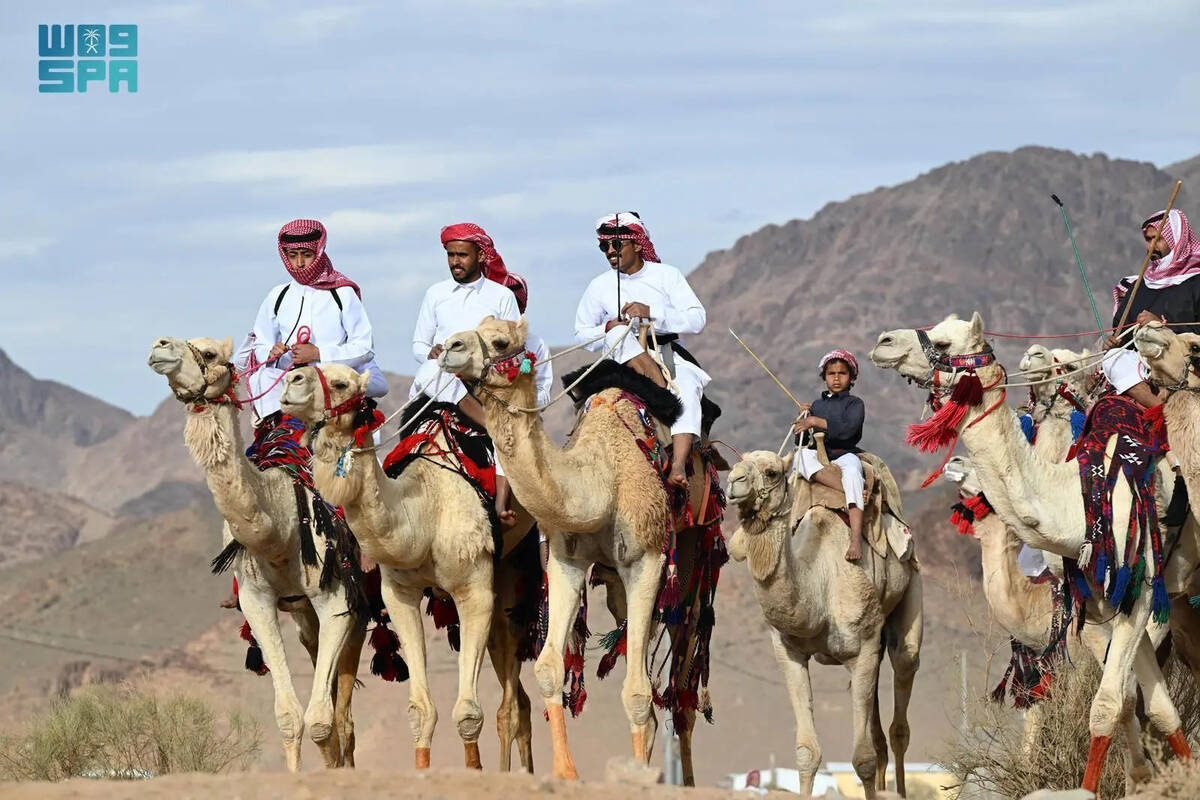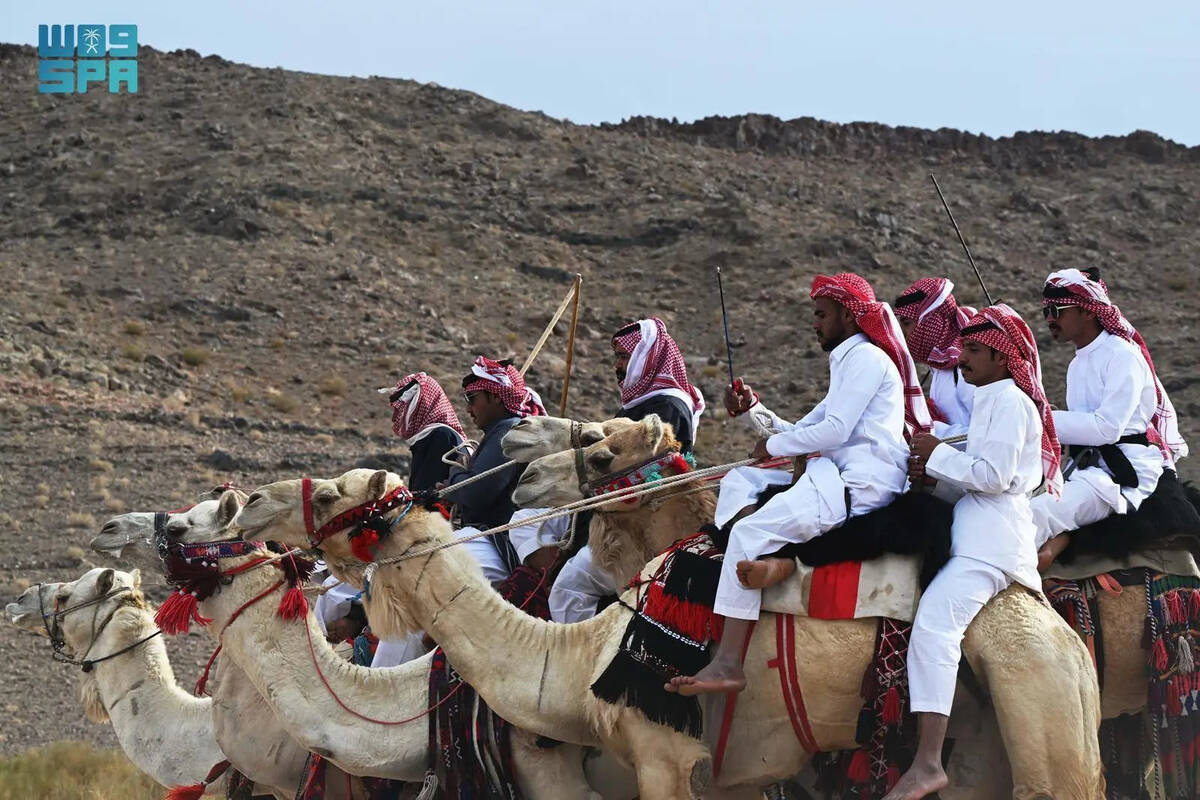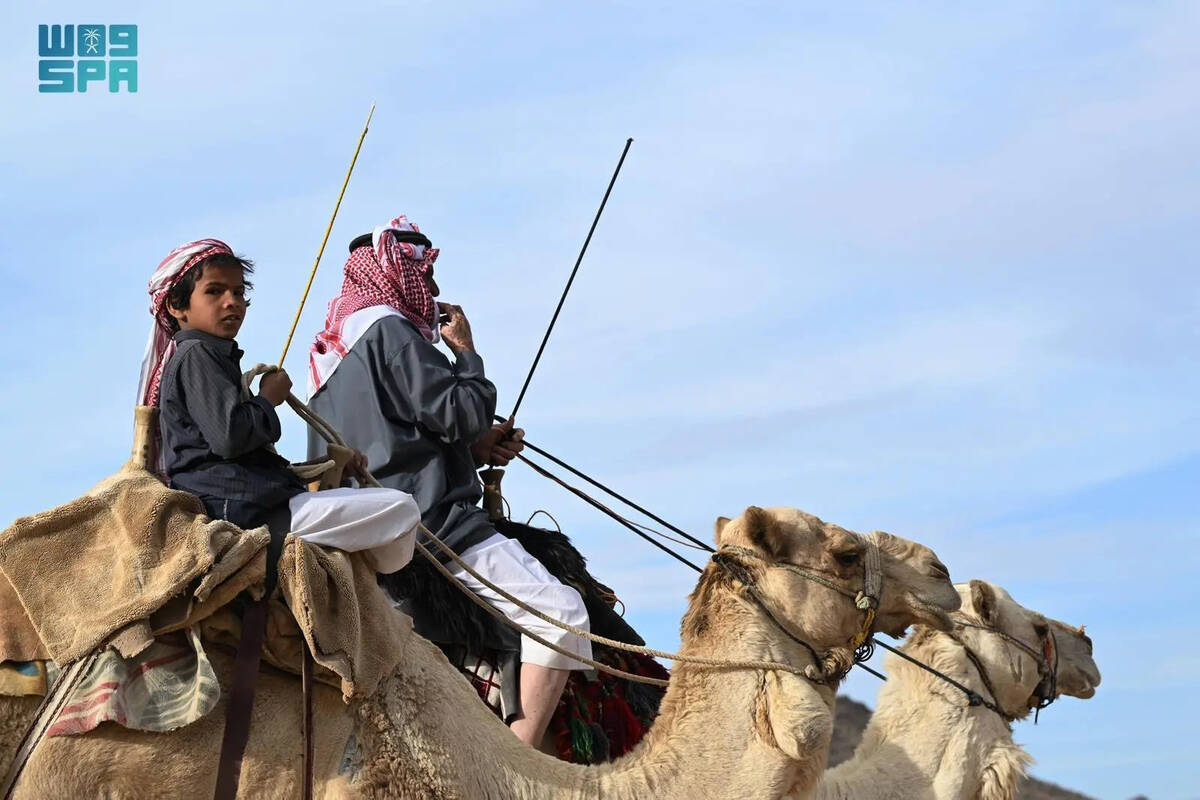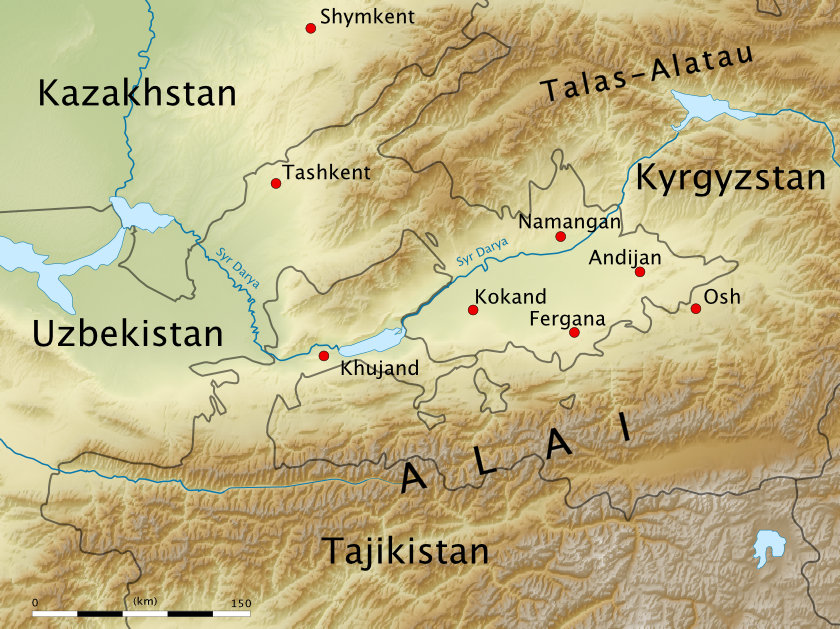JEDDAH: Serious athletes or hardcore enthusiasts during the holy month tend to exercise before and after breaking their fast, leading to overcrowded health centers.
Since the start of Ramadan, the gym business in Jeddah has boomed, especially as gyms and fitness facilities often offer attractive discounts on memberships and group exercise packages during the holy month. Many gyms’ hours also extend until late at night to meet the increased demand.
Gyms in Ramadan are open from 2:00 p.m. to 5:00 p.m. and then reopen from 9:00 p.m. to 2:00 am. The working hours are adapted to the period of fasting.
Nader Abdul Jawad, an Egyptian trainer at The First Gym in Jeddah, said that the number of people joining the gym increases during Ramadan as it becomes crowded there from 3p.m. to 5 p.m. or after iftar.
While Ramadan is a time for self-reflection and devoting more time to religious aspects, it doesn’t mean you should stop training or exercising. This is a good time to make a change.
Nader Abdul Jawad, Egyptian trainer
He said that during Ramadan, gyms everywhere transform into overcrowded hot spots for young and old people struggling to stay in shape.
Abdul Jawad said that he had noticed a slight increase in the number of people — most of whom are between 25 and 40 — visiting his club during Ramadan.
“While the younger ones prefer to visit after breaking their fast, the majority of the older generations prefer to finish their work and then come to the club before breaking their fast,” he said.
He said that the gym had seen a 68 percent increase in group fitness classes, 50 percent cardio workouts and stretching, and a 23 percent rise in the use of indoor tracks for walking.
Meanwhile, the more intense weight-training sessions saw a 43 percent decrease, while the average number of workouts booked per person was 3.5 per week.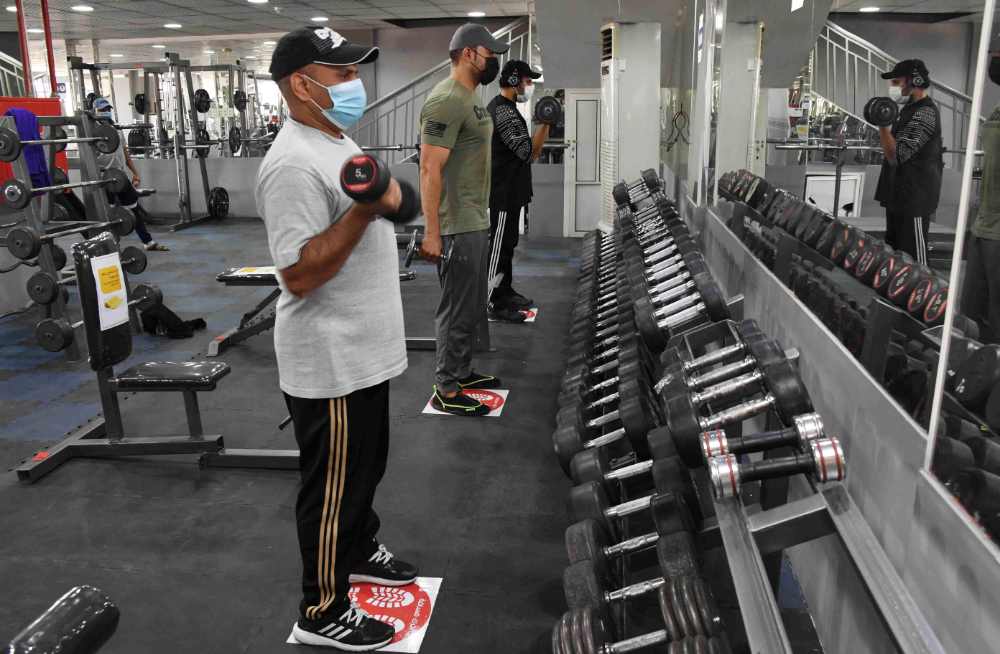
“While Ramadan is a time for self-reflection and devoting more time to religious aspects, it doesn’t mean you should stop training or exercising. This is a good time to make a change,” Abdul Jawad said.
During Ramadan many gym-goers, such as Turki Al-Qahtani, approach their training sessions in two ways: He will train before he begins his day of fasting or immediately after.
FASTFACT
● Nader Abdul Jawad said that the gym had seen a 68 percent increase in group fitness classes, 50 percent cardio workouts and stretching, and a 23 percent rise in the use of indoor tracks for walking.
The 29-year-old told Arab News, as he was walking to do his daily exercise at the gym, that Ramadan is no excuse not to work out.
“The holy month should not be (the month) when you give up on your fitness goals. Rather, make Ramadan a time to recharge so you can hit the gym strong after these four weeks,” he said.
With the rise in popularity of exercise at gyms, many men and women are using Ramadan as a chance to start a new healthier routine that they hope will keep their body in good shape, and to lose weight and stay fit.
Nasir Abu Dawood, a banker, is one of the many athletes across Jeddah who have found individual ways to maintain their fitness during the holy month.
“Working at a bank made it very hard for me to work out, but luckily some of the health clubs have extended their hours to past midnight,” he said.
“For me, midnight is the most convenient time. I’ve had enough time to digest my food, do my prayers, finish my work, and the gym is nice and empty.”
Jordanian Asim Al-Awsaf is one of those who prefer to train late at night at the gym. He visits the Ultimate Power Gym in Rawda district Jeffah every night at 12 a.m. during Ramadan. “The Taraweeh prayer finishes by 10 pm, and then I have to arrange a time to work out,” he said.
“I cannot go to the gym earlier because it is very crowded as everyone wants to train before the gym closes.”
On the other hand, many women prefer to exercise two hours before iftar to maintain a high level of fitness, despite the thirst and hunger during the daytime of Ramadan.
Hanan Al-Awfi, a regular walker, said that she likes to walk or exercise daily. During Ramadan she prefers to exercise before iftar. “You can push yourself a little more knowing that you’re going to break your fast soon,” she said.







